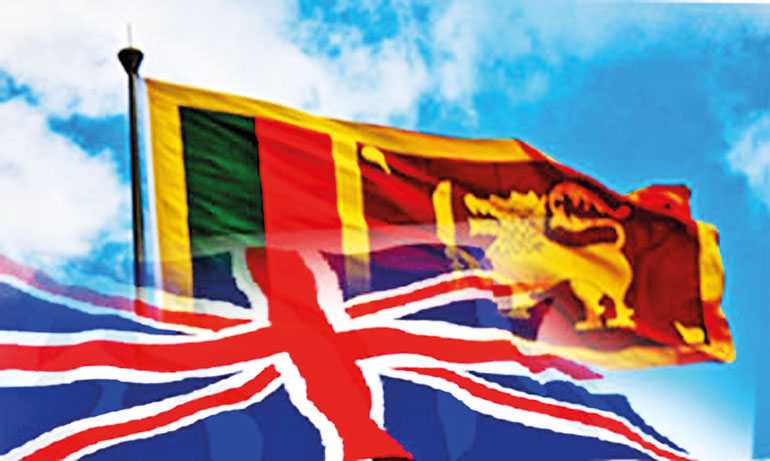Due to a prevalence of COVID-19 cases in the community, there could be changes to flights and airport operations at short notice. Lockdowns could be imposed in affected areas, and travel restrictions may also be imposed at short notice.
If you’re planning travel to Sri Lanka, find out what you need to know about coronavirus there in the Coronavirus section. You should also check the Entry requirements section for details on pre-travel health registrations, mandatory COVID-19 travel insurance, COVID-19 tests, and how to demonstrate evidence of your vaccination status.
During the COVID-19 pandemic, it is more important than ever to get travel insurance and check it provides sufficient cover. See the FCDO’s guidance on foreign travel insurance.
For information about COVID-19 vaccines, see the Coronavirus page.
The economic situation is deteriorating in Sri Lanka with shortages of basic necessities including medicines, fuel and food because of a shortage of hard currency to pay for imports. There may be long queues at grocery stores, gas stations, and pharmacies. Local authorities may impose the rationing of electricity, resulting in power outages.
Terrorists are likely to try to carry out attacks in Sri Lanka. Attacks could be indiscriminate, including in places visited by foreigners. More than 250 people including tourists were killed in April 2019 in terrorist attacks that targeted churches and hotels. See Terrorism
Dengue fever occurs throughout the country. See Health
Sri Lanka can be affected by severe weather including tropical cyclones and monsoon rains. See Natural disasters
If you’re abroad and you need emergency help from the UK government, contact the nearest British embassy, consulate or high commission.
The Overseas Business Risk service offers information and advice for British companies operating overseas on how to manage political, economic, and business security-related risks.
Source:https://www.gov.uk/foreign-travel-advice/sri-lanka


